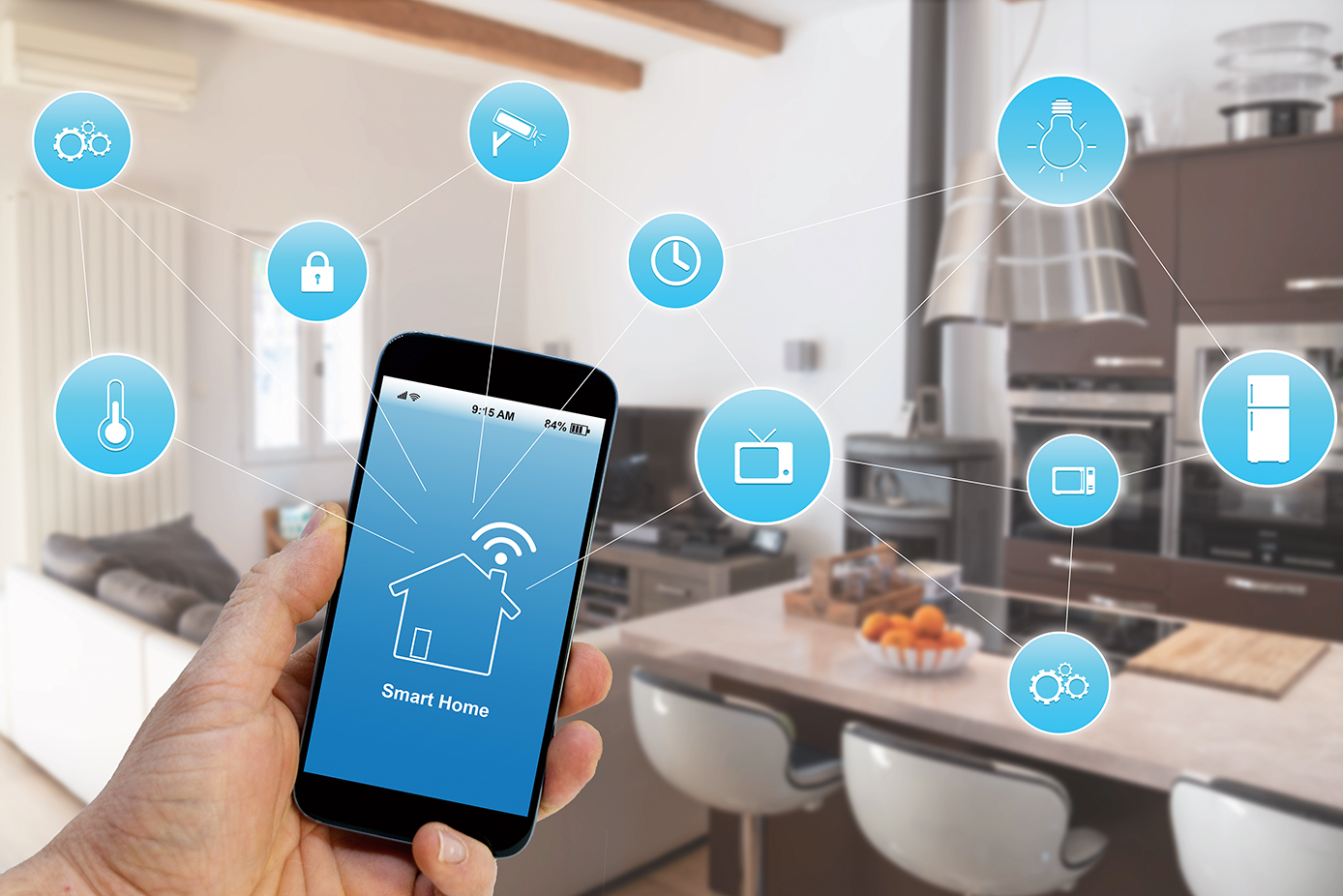As the population of elderly individuals continues to grow, the need for innovative solutions to support their independence and well-being becomes increasingly important. Enter AI in elderly care smart homes, a groundbreaking approach that combines technology with compassionate care to enhance the quality of life for seniors. In this article, we'll explore how AI is transforming homes into safe and supportive environments for the elderly, benefiting both homeowners and businesses involved in this sector.

The Growing Need for Elderly Care Solutions
The aging population presents unique challenges for families, caregivers, and healthcare systems. Many seniors prefer to age in place, maintaining their independence while staying in the comfort of their own homes. However, this desire can be accompanied by concerns related to safety, health monitoring, and daily living assistance. This is where AI in elderly care smart homes comes into play, offering solutions that address these challenges effectively.
Enhancing Safety with Smart Technology
One of the primary concerns for elderly individuals living alone is safety. AI-powered smart homes are equipped with features like motion sensors, fall detection systems, and emergency response mechanisms. These technologies provide peace of mind by ensuring that help is readily available in case of accidents or emergencies. For more information on smart home devices, visit our detailed guide.
Health Monitoring and Assistance
AI in smart homes also facilitates health monitoring and assistance. Wearable devices and sensors can track vital signs, medication adherence, and daily activity levels. This data is analyzed to provide insights into the individual's health status and alert caregivers or family members if any anomalies are detected. This proactive approach helps prevent health crises and ensures timely intervention when needed.
Empowering Independence and Comfort
Beyond safety and health, AI in elderly care smart homes enhances the overall quality of life for seniors by promoting independence and comfort. Smart home automation allows seniors to control lighting, temperature, and appliances with voice commands or smartphone apps. This level of control empowers them to manage their environment effortlessly, reducing reliance on external assistance.
For those interested in how AI can further personalize the home experience, our article on AI home personalization offers valuable insights.
Social Connectivity and Engagement
Isolation and loneliness are common issues among the elderly, especially those living alone. AI technologies can address this by facilitating social connectivity and engagement. Virtual assistants can help seniors stay in touch with family and friends through video calls, reminders for social events, and even cognitive games that keep the mind active.
Cost-Effective Solutions for Businesses
For businesses involved in elderly care, the integration of AI in smart homes offers cost-effective solutions. By reducing the need for constant human supervision and minimizing emergency situations, AI-driven systems can lower operational costs while maintaining high-quality care. This efficiency benefits both care providers and recipients, creating a sustainable model for aging in place.
Challenges and Considerations
While the integration of AI in elderly care smart homes offers numerous benefits, there are challenges and considerations to address. Privacy concerns, data security, and ensuring user-friendly interfaces are critical factors that must be prioritized. It's essential to strike a balance between technological advancements and the individual preferences and needs of seniors.
For those new to the concept of smart homes, our smart home installation guide is a helpful resource.
Looking Ahead: The Future of Elderly Care
As technology continues to evolve, the future of elderly care looks promising. AI in smart homes is just the beginning. Innovations such as robotic assistance, advanced health monitoring systems, and personalized care plans hold the potential to further revolutionize how seniors live independently and comfortably. By embracing these advancements, we can create a brighter future for our aging population.
Conclusion
The integration of AI in elderly care smart homes is transforming the way we approach aging in place. By enhancing safety, promoting independence, and improving overall well-being, these technologies offer a comprehensive solution for seniors and their families. For businesses, investing in AI-driven solutions presents an opportunity to provide high-quality care while optimizing resources. As we continue to innovate and adapt, the potential for positive impact in the lives of the elderly is boundless.

FAQs
How does AI improve safety in elderly care smart homes?
AI enhances safety by utilizing motion sensors, fall detection systems, and emergency response mechanisms, ensuring help is available in case of accidents or emergencies.
What role does AI play in health monitoring for seniors?
AI facilitates health monitoring through wearable devices and sensors that track vital signs, medication adherence, and activity levels, providing insights and alerts for timely intervention.
Are AI-powered smart homes cost-effective for businesses?
Yes, AI-driven systems reduce the need for constant human supervision and minimize emergencies, lowering operational costs while maintaining high-quality care.

